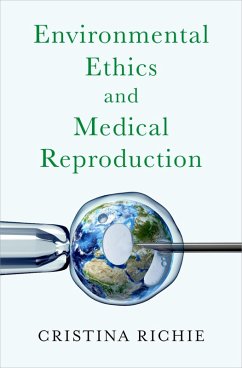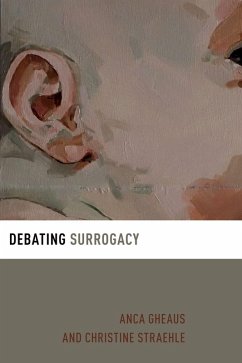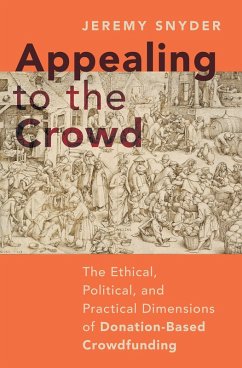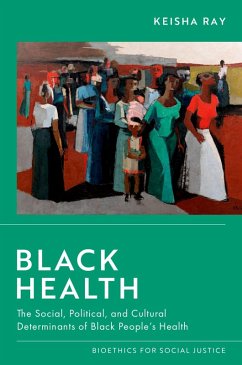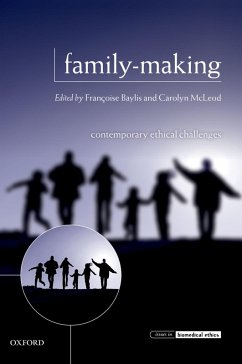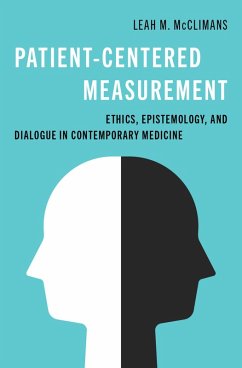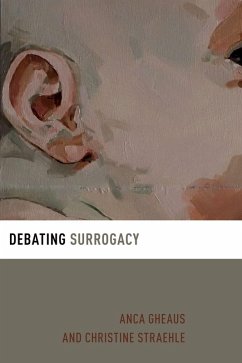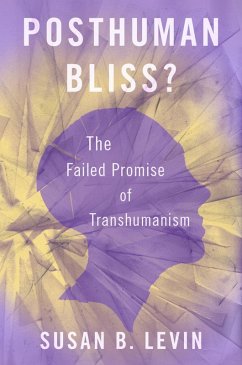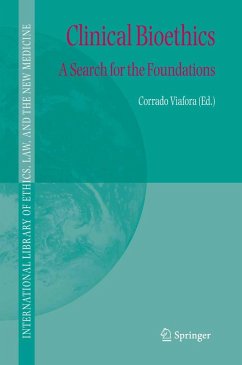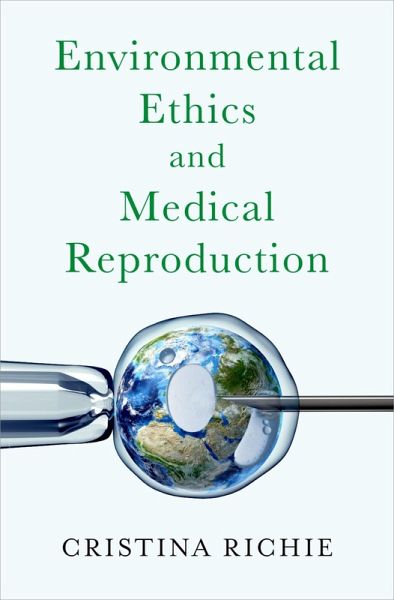
Environmental Ethics and Medical Reproduction (eBook, PDF)
Versandkostenfrei!
Sofort per Download lieferbar
40,95 €
inkl. MwSt.
Weitere Ausgaben:

PAYBACK Punkte
20 °P sammeln!
Carbon emissions of global health care activities comprise 4-5% of total world emissions, placing the health care industry on par with the food sector. The United States health care industry in particular expends an estimated 479 million metric tons of carbon dioxide per year -- nearly 8% of the country's total emissions. Health care impacts the environment through the use of resources needed to cure, treat, and prevent diseases; by extending lifespans; and by facilitating new births. In this book, Dr. Cristina Richie evaluates "medicalized reproduction" (MR) from an environmental perspective....
Carbon emissions of global health care activities comprise 4-5% of total world emissions, placing the health care industry on par with the food sector. The United States health care industry in particular expends an estimated 479 million metric tons of carbon dioxide per year -- nearly 8% of the country's total emissions. Health care impacts the environment through the use of resources needed to cure, treat, and prevent diseases; by extending lifespans; and by facilitating new births. In this book, Dr. Cristina Richie evaluates "medicalized reproduction" (MR) from an environmental perspective. From pre-conception gamete retrieval to in-vitro fertilization (IVF), to birthing suites, MR has an enormous carbon footprint. But, unlike other areas of high-carbon health care, such as organ transplantation or chemotherapy, medicalized reproduction does not treat, cure, or prevent disease. It is supported by an economized medical industry, and as such, is open for ethical scrutiny. Richie first situates MR within environmental ethics. Part I analyzes the numerous resources used for medical reproduction, emphasizing that MR is a voluntary lifestyle choice. Part II offers policy suggestions for sustainable MR, remaining sensitive to some individuals' desires to be parents coupled with the global push for medical and climate justice. The conclusion recognizes the obligation for environmental sustainability in all areas of life, including health care and family life.
Dieser Download kann aus rechtlichen Gründen nur mit Rechnungsadresse in A, B, BG, CY, CZ, D, DK, EW, E, FIN, F, GR, HR, H, IRL, I, LT, L, LR, M, NL, PL, P, R, S, SLO, SK ausgeliefert werden.




